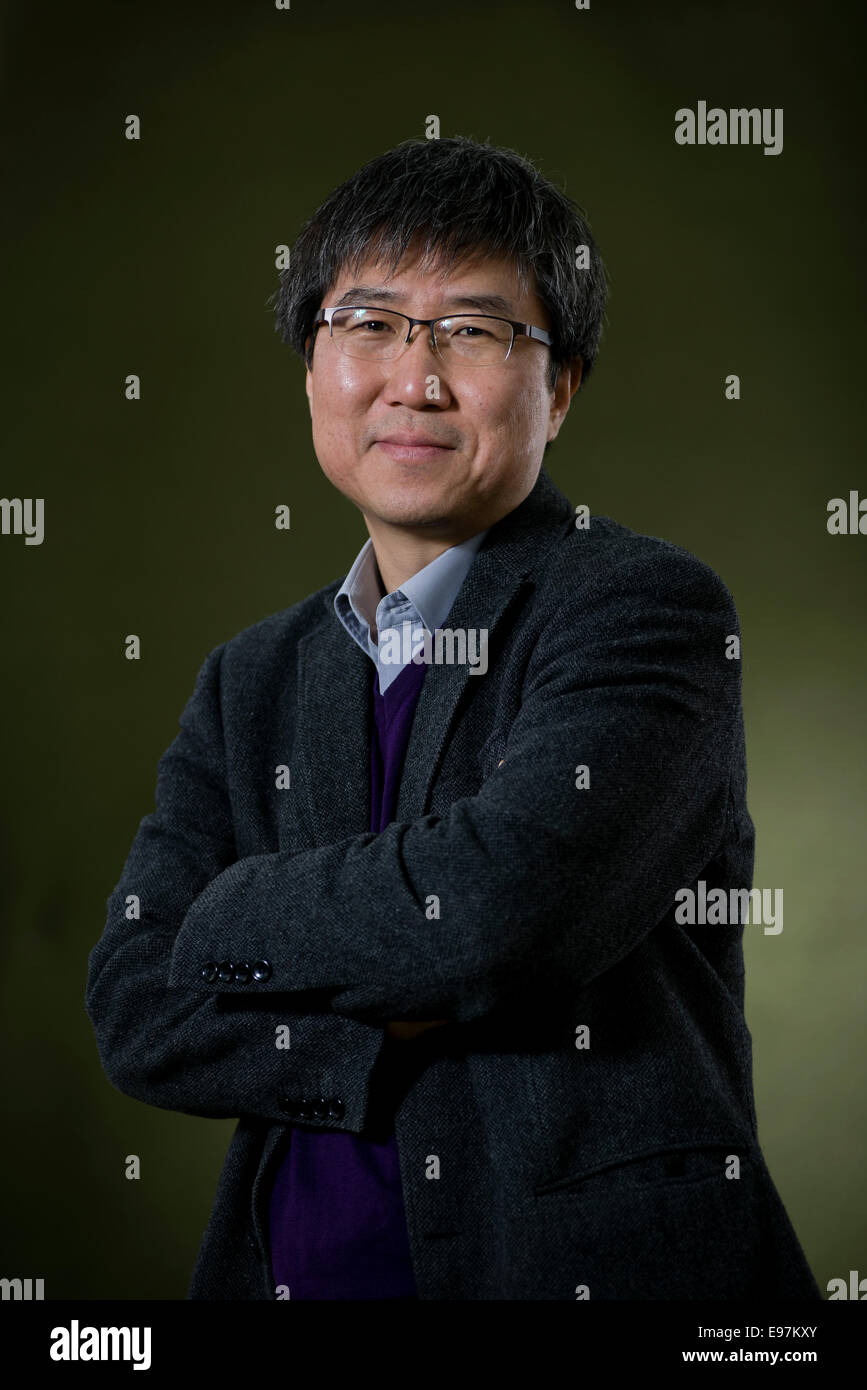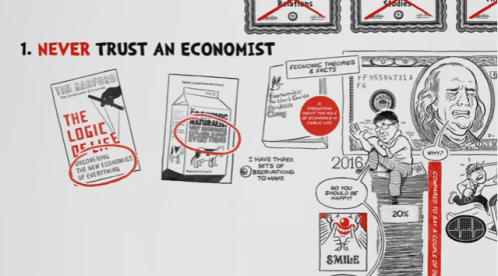

Ha-Joon Chang rebuts this way of thinking as a modern-day exercise in mythology. Such a worldview generates a hefty degree of misplaced arrogance, as evinced by the quote from Summers. It relies on theoretical presuppositions, such as the notion of free trade and its benefits, to accurately depict and facilitate processes of development in the real world. This dominant approach to economics is abstract and deductive.

Ha-Joon Chang’s political economy is a breath of fresh air when compared to abstract free-market theories that are detached from social reality. One set of laws works everywhere.”Īccording to this perspective, free markets, free trade, and limited political interference are the ingredients necessary to enable markets to work their magic by generating economic growth, jobs, and prosperity all round.

As the former US treasury secretary Lawrence Summers once quipped: “Spread the truth - the laws of economics are like the laws of engineering. Much of the economics that is taught in universities today and espoused by capitalist elites takes a one-size-fits-all approach. Chang’s self-professed aspiration is to promote an alternative form of capitalism, but our goal should be to develop an alternative to capitalism. While socialists can learn a lot from Ha-Joon Chang’s work, we also need to read it critically and identify some of the gaps in his thinking. According to Chang himself, his aim is not simply to challenge free-market orthodoxy, but also to support, through his work, the kind of “active economic citizenship” that will demand “the right courses of action from those in decision-making positions.” Ha-Joon Chang is a rarity in the contemporary world: an economics professor who is highly critical of the neoliberal free-market orthodoxy, advocates progressive social change, writes and speaks accessibly, and is very, very popular.Ĭhang’s books have sold millions of copies, and he is a regular contributor to mainstream media outlets. But Chang stops far short of taking the necessary next step: questioning the capitalist system itself.

Korean economist Ha-Joon Chang is a brilliant, best-selling critic of neoliberal orthodoxy.


 0 kommentar(er)
0 kommentar(er)
